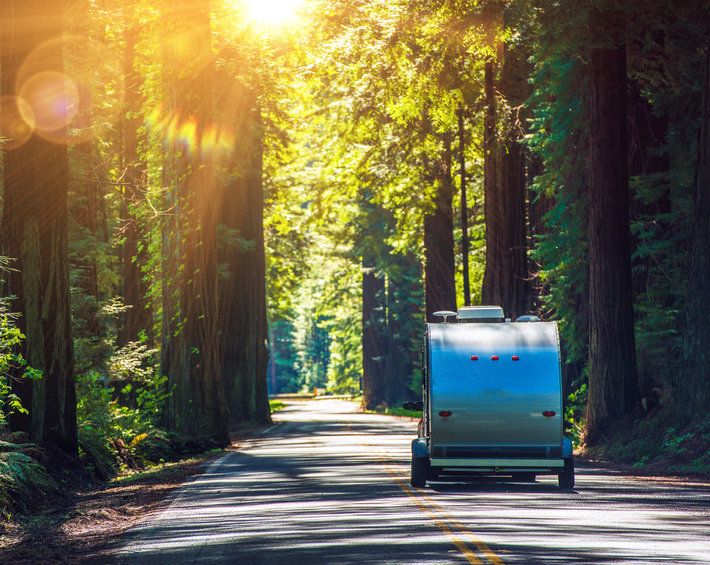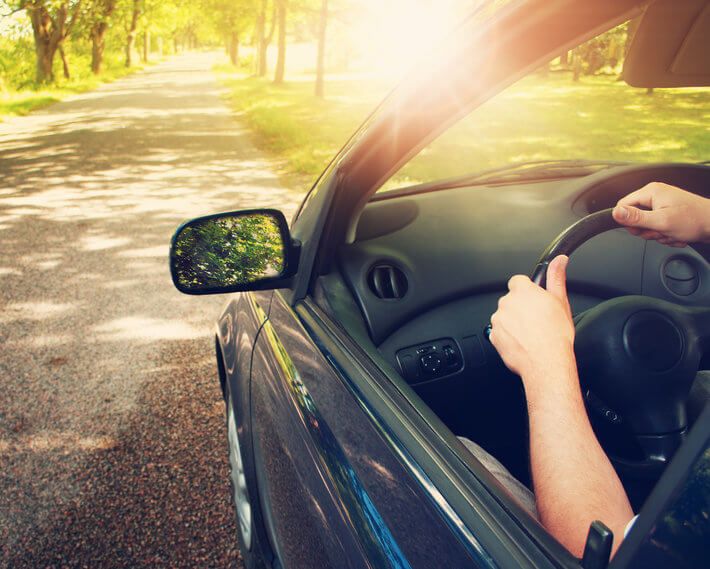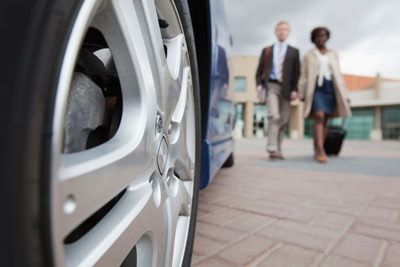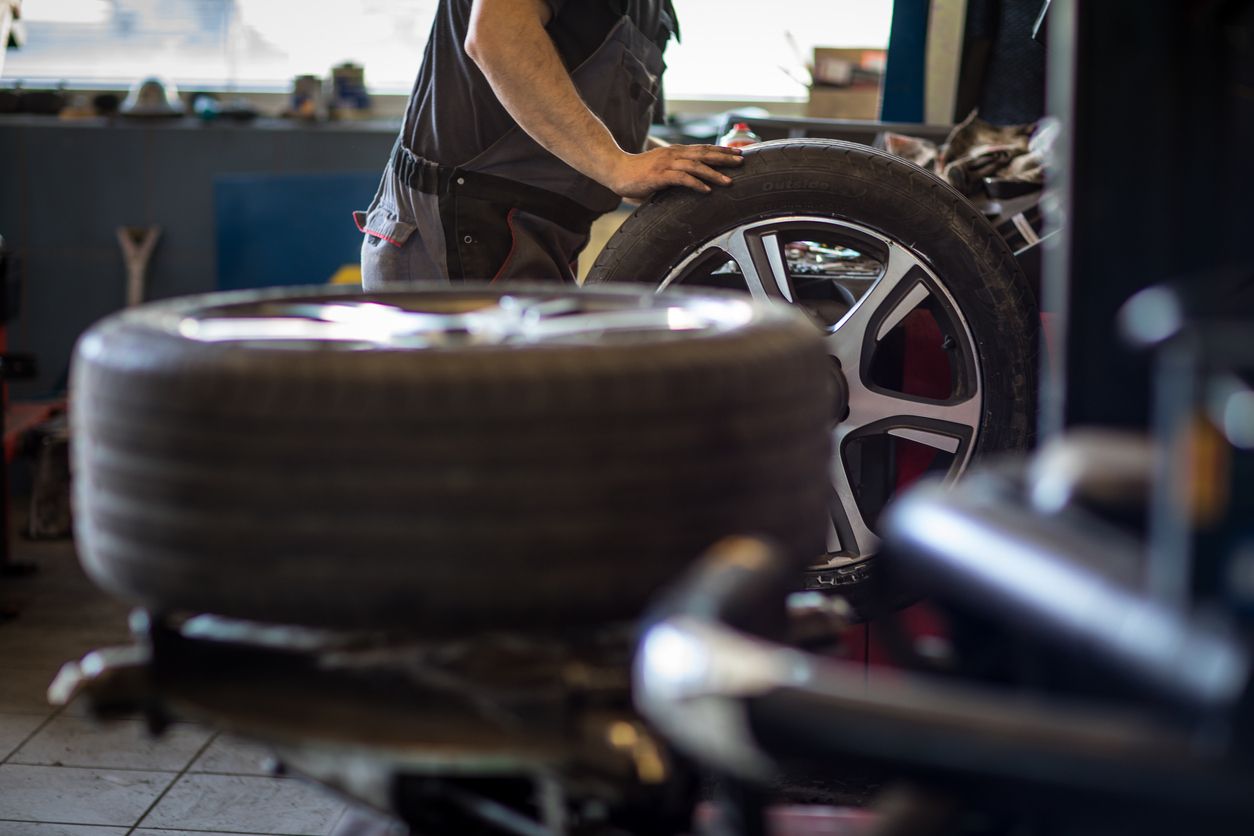Few vacations are as memorable as road trips with friends and family, especially when you can take your favorite creature comforts with you. Whether you’re tucking away those little luxuries in a travel trailer or hitching up a fishing boat for a trip to the lake, brush up on your towing know-how. Improper towing could damage your vehicle's brakes, suspension, tires, transmission, and alignment. As always, consult your owner's manual before hitching up and hitting the road.
Tip #1: Make sure your vehicle is up to the task.
What's your towing capacity?
Ever strain your back lifting a heavy box? Well, the same thing can happen to your vehicle. Load it down with too much weight or ask it to tow something it wasn't built to tow and you could damage your wheel bearings, brakes, transmission, engine, and axles.
Find out how much weight your vehicle can handle, aka it's towing capacity. This is the maximum weight you can pull without damaging your vehicle or impacting your ability to safely handle it. Look for this information in your owner's manual or on the auto manufacturer's website.
Tip #2: Double check your equipment.
Does your gear match the size and weight of the load at hand?
Most towing situations require four main pieces of equipment: the hitch, the hitch receiver, a drawbar, and a hitch ball. These bad boys work together to keep your vehicle and its trailer happily wed instead of flying away from each other on the highway.
Keep in mind that not all towing gear is created equally. The gear that you used to tow a moving trailer last summer may not be the right size or weight class for towing this summer's mini-camper. Reference the manufacturer's towing guide and your owner's manual for choosing and assembling your towing equipment.
Tip #3: Be diligent about the details.
Have you taken every possible safety precaution?
You’ve connected the trailer. Now what? Give yourself a pat on the back and get ready for a safety check!
- Double-cross a set of chains under the hitch, side-to-side to form an X. Chains provide an extra level of support and can help keep your trailer from skipping a guardrail or careening into another vehicle if something in the hitch pops loose.
- Hook up the trailer lights. Other drivers won't be able to see your taillights or brake lights when you're towing a trailer, which is why most trailers come with trailer signal wiring. Once you connect the electrical wires from the trailer to the vehicle, the trailer lights will mimic your regular taillights. Even if you’re certain everything’s set up correctly, do a quick check before you leave. Functioning turn signals and brake lights are essential to your safety and that of other motorists.
- Secure your load. Whether you’re transporting a boat filled with inflatable water toys or a camper with swinging cabinet doors, keep in mind that it’s about to be traveling close to highway speed. Fasten a tarp over anything that may fly away and use bungee cords to secure things that might bang or break inside the trailer.
- Adjust your driving. Towing a trailer isn’t the same as everyday driving. When towing, you'll need to do everything at about half the speed as you normally would. That includes accelerating, braking, turning, changing lanes, and turning corners. The added load could decrease your fuel economy, too, making gas stops more frequent.
- Check your local laws. Every state has different regulations for towing a trailer. At a minimum, your state will likely require you to have working taillights and brake lights on the trailer. Many states also require trailers to be registered with their Department of Motor Vehicles.
- Take care of your tires — all of them! Checking your tires is always a smart thing to do, but especially when you're towing a trailer. A flat tire or blowout on either the trailer or your vehicle could lead to a particularly dangerous situation. Make sure all the tires (including the trailer's tires) are properly inflated to the manufacturer's guidelines before you head out, then monitor them throughout your trip. Over- or under-inflated tires reduce the effectiveness of your brakes and could cause the trailer to sway.
Before heading out on your next great adventure with a trailer, camper, or boat in tow, make sure your vehicle is in tip-top shape. Existing brake problems, transmission troubles, worn tires, or improper wheel alignment can all spell disaster on the road. The added weight from the trailer and its cargo can make a collision or blowout that much more dangerous. At your nearest Firestone Complete Auto Care, our technicians can inspect your vehicle and make you aware of an issue that could impact your ability to safely tow. Stop by your local Firestone Complete Auto Care or schedule your service appointment online at your earliest convenience.



